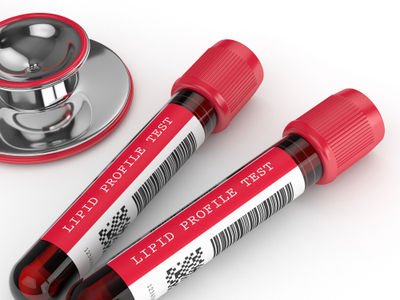General Health
Five Effective Ways To Deal With High Cholesterol!
5 min read
By Apollo 24|7, Published on - 28 June 2022, Updated on - 28 January 2024
Share this article
0
20 likes
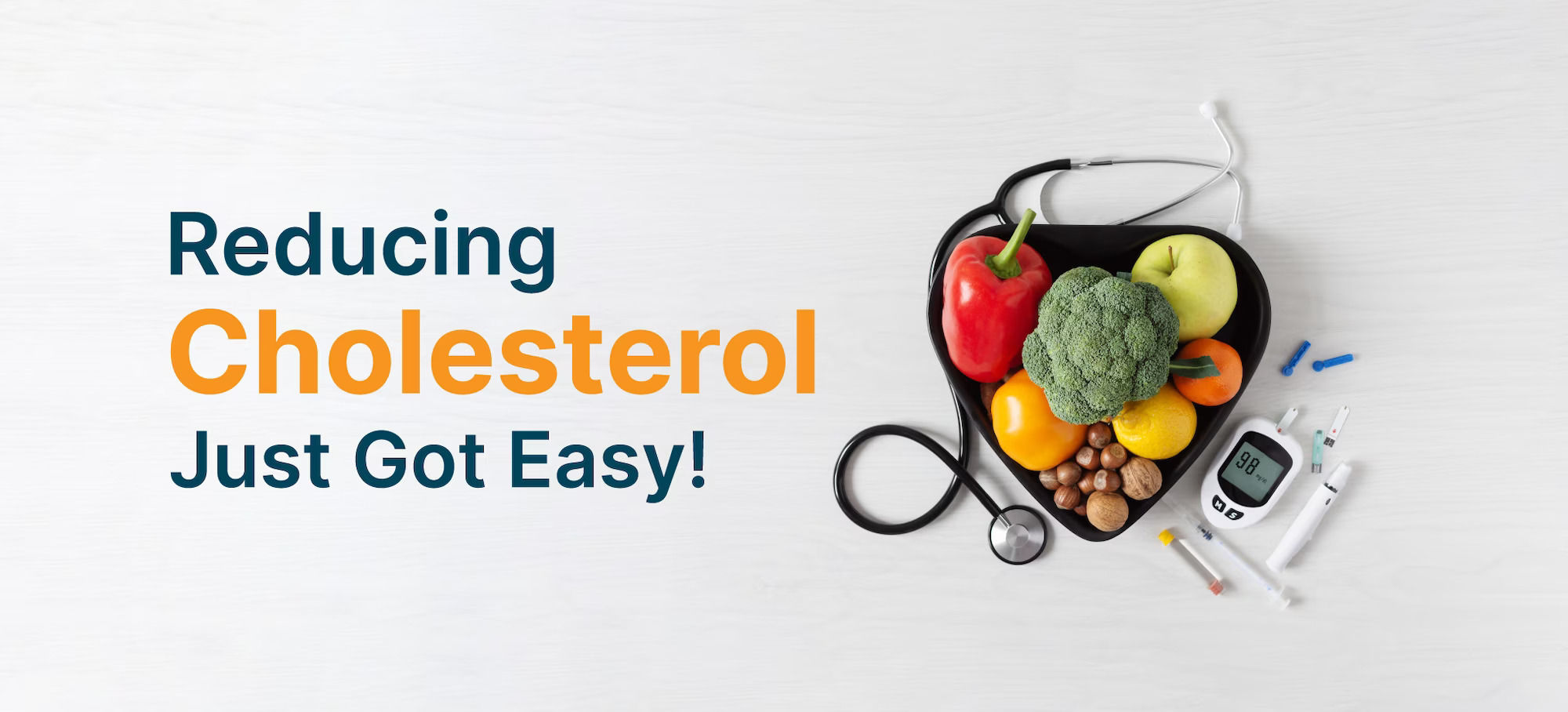
Contrary to popular belief, not every cholesterol is bad for the body! Shocked? Well, cholesterol is a wax-like, fatty substance that is essential for the body to form new cells, digest food, form vitamin D, and other hormones such as testosterone (male sex hormone) and cortisol (stress hormone). Let us understand the different types of cholesterol and how they can affect overall health.
Are there different types of cholesterol?
The human body gets cholesterol from the liver and food. However, pure cholesterol cannot move freely in the blood, thus the liver mixes it with a type of protein called a lipoprotein. The types of lipoproteins formed by the liver include; high-density lipoproteins (HDLs), low-density lipoproteins (LDLs), and very-low-density lipoproteins (VLDLs).
- LDL: LDL, popularly known as "bad cholesterol”, can build up inside the arteries causing them to narrow, thereby increasing the risk for heart attack, stroke and peripheral artery disease (PAD).
- HDL: HDL, popularly known as "good cholesterol”, takes the bad cholesterol away from the blood vessels and sends it back to the liver, where it is broken down and released out of the body. The higher the levels of HDL, the better cholesterol regulation in the body.
- VLDL: VLDL carries lots of cholesterol and a small amount of fat. Therefore, too much VLDL can clog the arteries resulting in various diseases.
- Triglycerides: Triglyceride is a type of cholesterol that extracts and stored fat from the food we eat.
Both LDL and HDL help in the movement of cholesterol-rich blood in the body, while VLDL carries triglycerides.
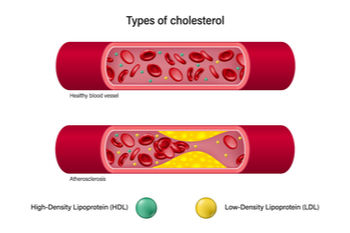
Why is cholesterol considered bad for health?
Though cholesterol is required for the production of healthy cells, excess amounts of LDL and triglycerides in the blood are strongly associated with heart diseases. High cholesterol levels cause the build-up of fats inside the arteries, making it difficult for the blood to flow through them, thereby increasing the risk of angina (chest pain) or a heart attack.
How can you deal with cholesterol?
Following a heart-healthy lifestyle can help in reducing cholesterol levels in the body significantly. Measures that can help reduce cholesterol include:
1. Modify your diet: You can reduce cholesterol levels effectively by making smart food choices. Avoid the consumption of processed and oily foods. Add fibrous fruits and vegetables, lean meat, low-fat dairy products, and whole grains such as brown rice, oatmeal and bran to the diet.
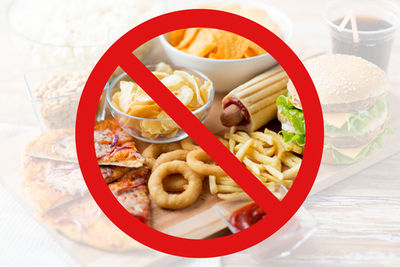
2. Change your oil: Cut down on saturated fats such as butter, coconut oil and palm oil and replace them with more heart-friendly vegetable oils such as olive oil, sunflower oil, canola, and safflower oil.
3. Exercise regularly: Practise moderate-intensity exercises such as brisk walking, swimming, or cycling for 30 minutes, 5 days a week to maintain a healthy weight.
4. Quit unhealthy habits: Quit smoking and reduce the consumption of alcohol to less than two drinks a day.

5. Get your cholesterol levels tested: One should get their cholesterol levels checked frequently to ensure proper heart health.
How to get cholesterol tested?
A simple blood test, called a lipid profile, can help you determine the levels of different types of cholesterol in the body. The Lipid profile test, also known as ‘total cholesterol’, ‘complete lipid profile’, and ‘serum lipid profile’, helps in determining the levels of HDL, triglycerides, VLDL, non-HDL cholesterol (total cholesterol minus HDL), and the cholesterol ratio (cholesterol vs HDL ratio).
To know your cholesterol levels, Book Apollo's Lipid Profile Test
The normal range for:
- Total cholesterol: Less than 200 milligrams per decilitre (mg/dL)
- Triglycerides: less than 150 mg/dL
- HDL cholesterol: 40 to 59 mg/dL
- Non-HDL cholesterol: less than 130 mg/dL
- LDL cholesterol: less than 100 mg/dL
- VLDL cholesterol: less than 30 mg/dL
- Cholesterol vs HDL ratio: 0 to 4.97
The person to be tested must not drink or eat 12 to 14 hours before this test. This test can be prescribed to people at risk of developing heart conditions. The risk factors include high blood pressure, diabetes, chronic smoking, poor dietary habits, and stress.
The Doctor’s Advice
Dr Arshad Akeel, a general physician associated with Apollo 24|7, states that the only way to keep cholesterol within normal limits is by:
- Consuming a low-fat diet.
- Avoiding excess consumption of oil, ghee, butter, and red meat.
- Avoiding fried foods and junk food.
- Brisk walking for 45 minutes every morning.
- Getting lipid profile check-ups done periodically.
- Using cholesterol-lowering medicines as advised by the physician.
The cholesterol produced by the liver is enough for the body, therefore, one should reduce the consumption of dietary cholesterol to maintain a healthy balance. A balanced diet, regular exercise, and quitting unhealthy habits can help reduce the level of bad cholesterol significantly. People with pre-existing medical conditions should get their cholesterol levels tested frequently. To get expert advice on ways to reduce cholesterol,
Medically reviewed by Dr Sonia Bhatt.
General Health
Leave Comment
Recommended for you

General Health
Top 10 Yoga Asanas for Managing Heart Blockages
Heart blockages can lead to serious complications like stroke and heart attack. Taking steps to address the condition is essential. Explore the significance of yoga in addressing heart blockage and improving cardiovascular well-being. Discover the top poses for boosting heart health by reducing stress, enhancing blood circulation, and strengthening the heart muscles.
.jpg?tr=q-80)
General Health
ABC Juice Benefits: Why This Vitamin-Packed Juice Is Great for Overall Wellness?
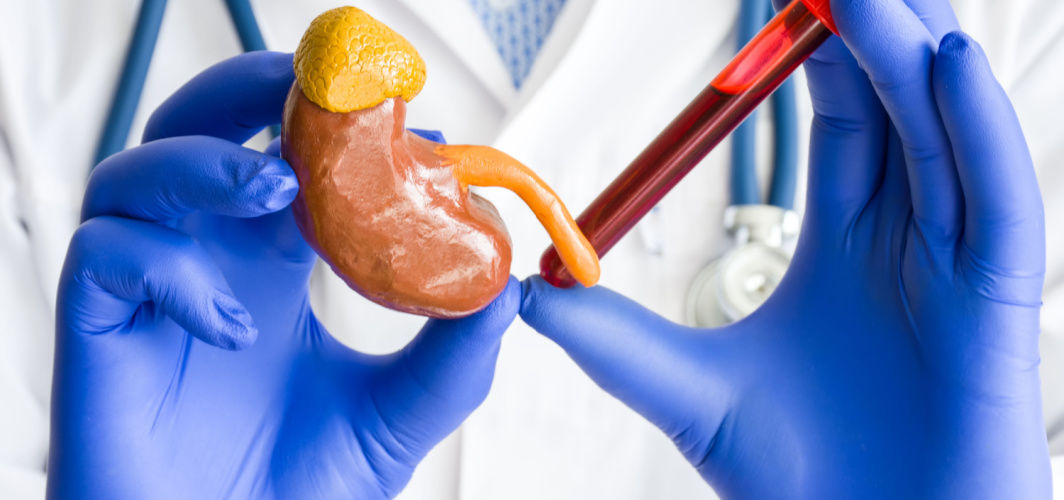
General Health
Tests to Determine Kidney Function
Learn about kidney tests, including their importance, types, and what the results mean. Stay informed about the latest guidelines and technologies to maintain optimal kidney health.
Subscribe
Sign up for our free Health Library Daily Newsletter
Get doctor-approved health tips, news, and more.
Visual Stories

Could There Be More to Your Snore?
Tap to continue exploring
Recommended for you

General Health
Top 10 Yoga Asanas for Managing Heart Blockages
Heart blockages can lead to serious complications like stroke and heart attack. Taking steps to address the condition is essential. Explore the significance of yoga in addressing heart blockage and improving cardiovascular well-being. Discover the top poses for boosting heart health by reducing stress, enhancing blood circulation, and strengthening the heart muscles.
.jpg?tr=q-80)
General Health
ABC Juice Benefits: Why This Vitamin-Packed Juice Is Great for Overall Wellness?

General Health
Tests to Determine Kidney Function
Learn about kidney tests, including their importance, types, and what the results mean. Stay informed about the latest guidelines and technologies to maintain optimal kidney health.
